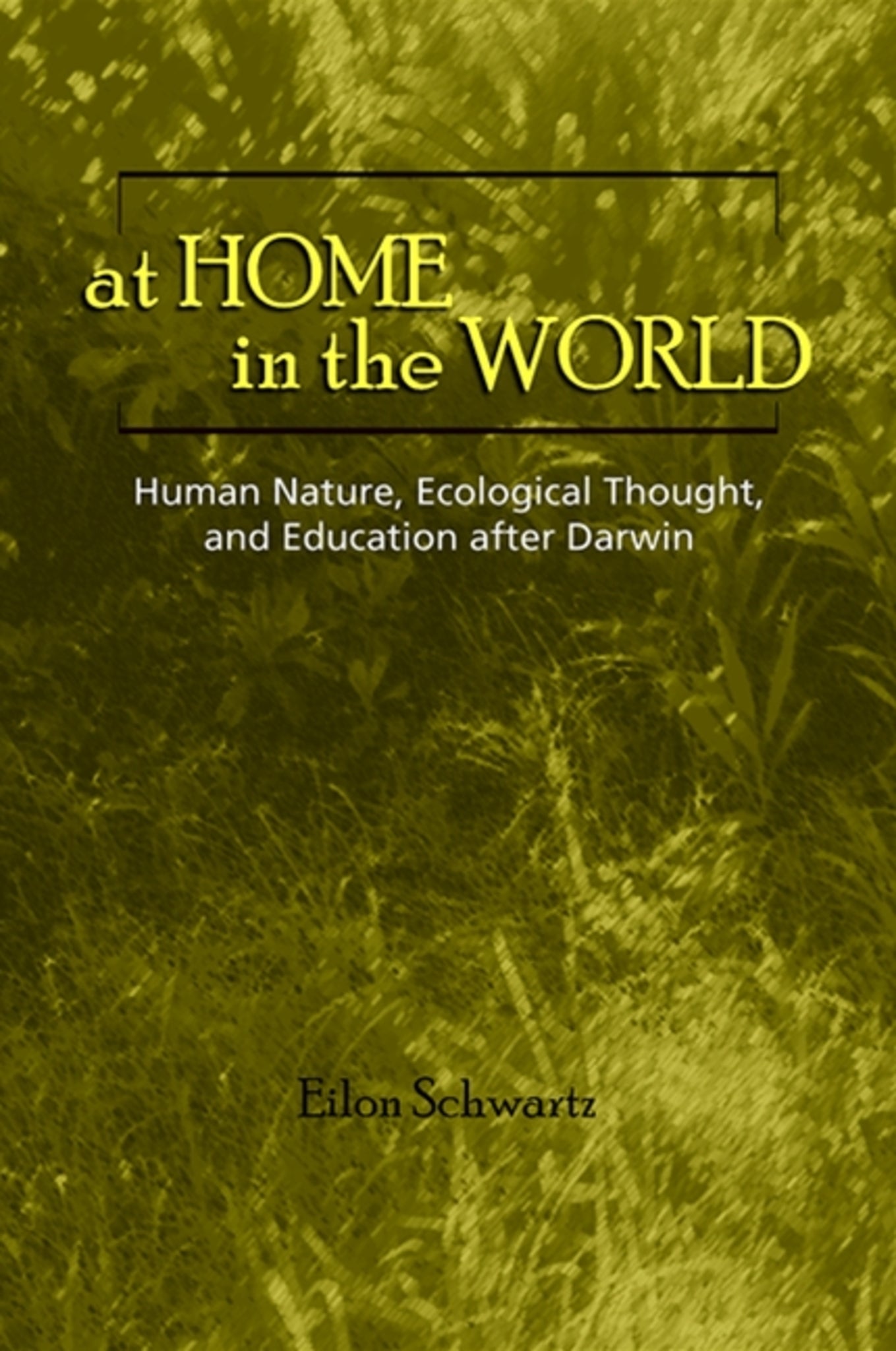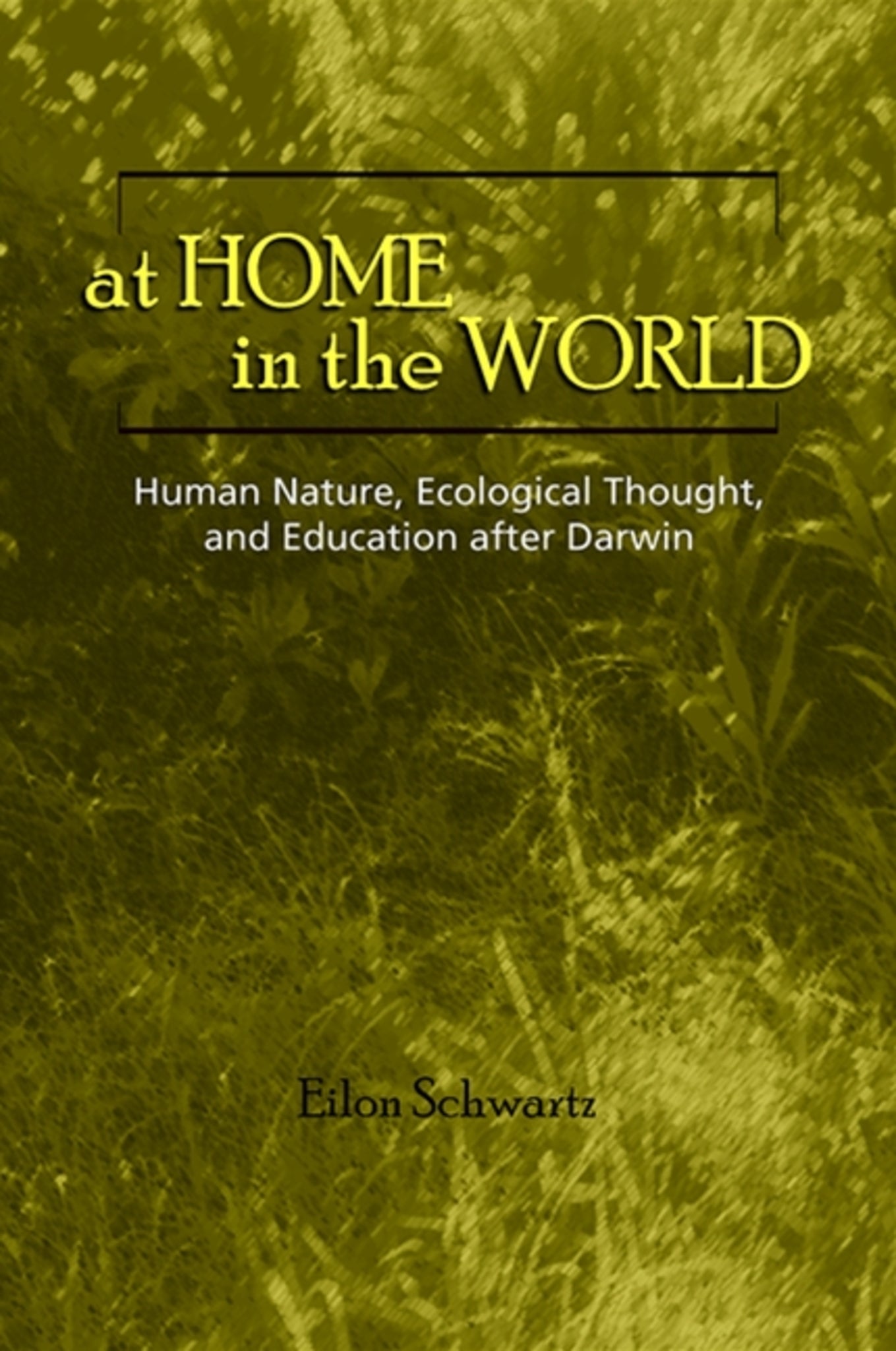We're sorry. An error has occurred
Please cancel or retry.
At Home in the World

Some error occured while loading the Quick View. Please close the Quick View and try reloading the page.
Couldn't load pickup availability
- Format:
-
09 July 2009

Explores how Darwin's theory of human nature can inform educational philosophy.
Challenging conventional understanding of humans as selfish and competitive at their core, At Home in the World asserts that we have evolved as a profoundly social species, biologically related to the rest of the natural world, and at home on the only planet for which we are adapted to live. Eilon Schwartz traces the history of Darwinism, examining attempts of the nineteenth and twentieth centuries to apply Darwin's theories to educational philosophy and analyzing trends since the reemergence of Darwinism toward the end of the twentieth century. Identifying with the Darwinian interpretations of Peter Kropotkin, John Dewey, and Mary Midgley, Schwartz argues for a compelling educational philosophy rooted in our best scientific understandings of human nature.


"…a good source for critical discussion of the debates on the relative roles of evolved human capacities and social conditioning in shaping human behavior." — CHOICE
"…a worthwhile contribution to a rising body of literature that helps to strip Darwin of the unhelpful interpretations under which his work was maligned." — Environmental Values
Acknowledgments
1. The Making of Darwinism
Darwin and the Good in Human Nature
2. Nature's Lessons: Applying Evolutionary Theory to Educational Philosophy in the Nineteenth Century
Spencer's Educational Philosophy
Huxley's Educational Philosophy
Kropotkin's Educational Philosophy
Conclusion
3. Dewey's Darwinism: Human Nature and the Interdependence of Life
Change and Growth Are the Essential Features of Darwinism
Human Beings Can Only Be Understood as Part of the Natural World
The Natural and the Social: Dewey’s Notion of Habit
Human Beings Are by Nature Social Animals, and Can Only Be Understood
4. Mary Midgley and the Ecological Telos
Innate Needs
The Teleological Implications of Having Needs
Feminism and Human Nature: A Case Study in Teleological Thinking
On Building a Whole Life
Moral Objectivity and the Reality of Evil
Breaking Down the Is/Ought Dichotomy A Transcendent Life
5. A Darwinian Education
The Aims and Purposes of Education: A Darwinian Perspective
Emotions and Reason
Particularism and Universalism
From Nature to Culture: A Darwinian Curriculum
Cultivating Wonder: Educational Didactics
Final Thoughts
Notes
Index



